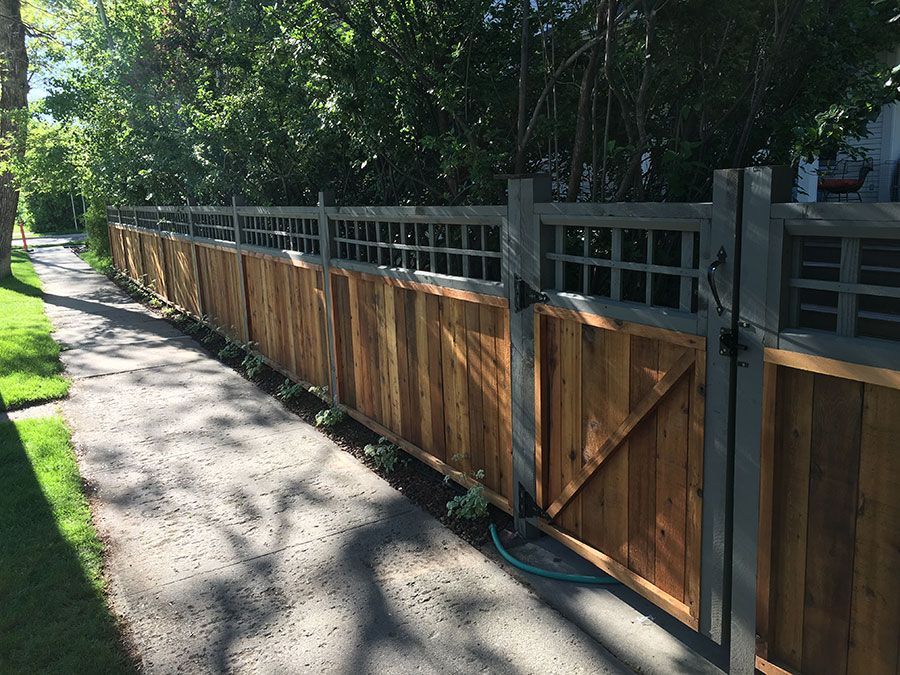Fence upkeep doesn’t always require expert help. With the proper tools and a little know-how, you can manage many standard issues yourself and save on repair costs. Here’s a simple guide to DIY fence care.
Essential Tools for DIY Fence Maintenance
Before you start fixing your fence, be sure to have the proper tools ready. Here’s a list of essential items for handling most DIY fence repairs:
- Hammer – A hammer is essential for securing loose nails or repairing broken fence boards.
- Screwdriver – Great for tightening screws in wooden or metal fences.
- Post Level – Helps keep your fence posts straight and secure
- Paint or Stain – Using paint or stain protects wood from the elements and prolongs its lifespan.
- Wire Cutters – Handy for trimming wire fences or cutting back overgrown plants
How to Tackle Common Fence Problems
Steps to Fix a Loose Fence Board
A loose or broken board is an easy fix with the right tools. Here’s a step-by-step guide to help you repair it:
- Remove any loose nails or screws using a hammer or screwdriver.
- Align the board with the rest of the fence and secure it with new nails or screws.
- For added stability, add a corner bracket or reinforcement if necessary.
How to Stain and Seal Wooden Fences
Sealing and staining your wooden fence is crucial for protection against the elements and preserving its appearance:
- Start by cleaning the fence well to remove any dirt, debris, and mildew.
- Select an appropriate stain or sealant that is intended for exterior applications.
- Evenly apply the stain with a brush or sprayer, working from top to bottom.
- Let the stain dry fully before using the fence again.
How to Know When to Call in a Pro
Not all fence repairs are suitable for DIY. Simple tasks like tightening screws or replacing boards are easy to handle, but major issues may require professional help:
- Extensive structural damage, such as leaning posts or a sagging fence.
- Electric or high-security fences that require specialized knowledge.
- Severe weather damage that could threaten the structural integrity of your fence.
When in doubt, it’s best to call a professional. It will save you time, money, and avoid any unnecessary stress.
